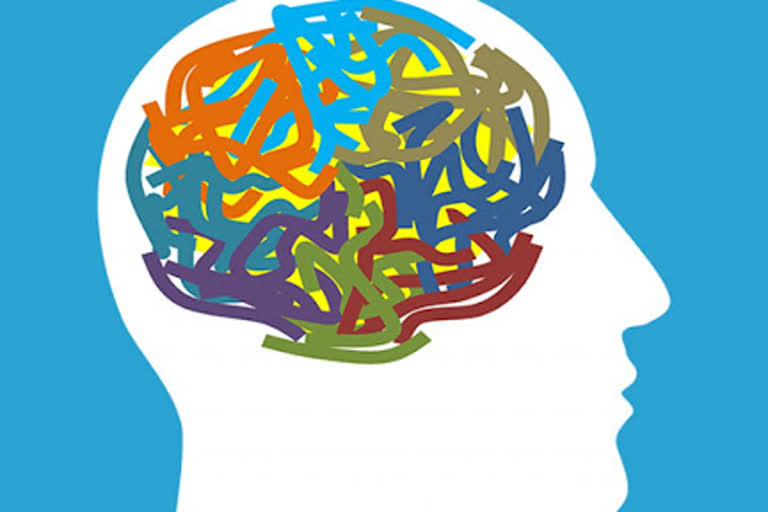New Delhi:The COVID-19 pandemic leading to extended lockdown has already taken a toll on people's mental health in India and other countries of the world with social distancing or physical distance, self-isolation and quarantining being the order of the day.
Experts say while there is an increase in mental health issues due to loneliness, depression, fear and anxiety, the stigma attached to COVID-19 is also a key factor.
In an exclusive interview with ETV Bharat, Dr RK Suri, clinical psychologist and counselor, said, “Action needs to be taken at different levels in different categories—at the individual level, at the family level and then at the society or national level.”
“At the individual level, morbidity can be more for those people who have a strong predisposition to anxiety, stress and depression. They are facing difficulty in coping at this time of crisis while managing day to day functioning. One who doesn't have a good coping strategy since childhood and there has been some genetic history of psychological issues in the family and are living in the same environment where there is stress at home are the ones facing the toughest challenge.”
“Having psychological issues is not taboo. Confinement is putting pressure on already strained family relationships but after the lockdown, there would be an increase in the stigma attached to COVID-19 which will lead to mental trauma. This will have an impact for another 8-10 months,” Dr Suri adds.
“Currently, during the lockdown, we (at the counseling centre) are receiving 500 patients per day with various psychological issues including anxiety, stress, family issues, phobia, OCD, loss in business, relationship issues on our mental health portal from all across the country and even abroad. We provide cognitive behavioural therapy which helps them manage emotions and eradicate negative emotions which are highly contagious,” told Dr Suri.
